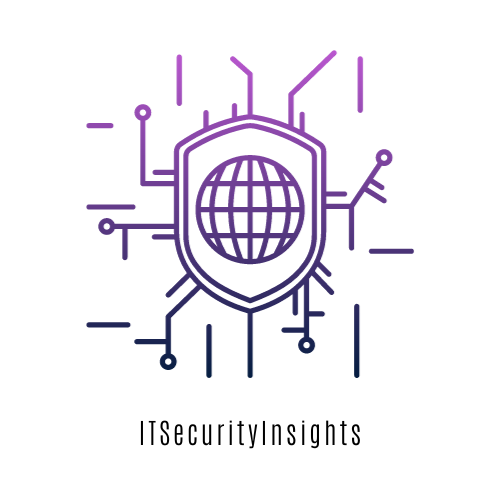From smart TVs that listen to your voice commands to security cameras that watch over your home, the Internet of Things (IoT) has made life more convenient than ever. But here’s the uncomfortable truth: those same devices could also be spying on you.
What is the IoT?
The IoT refers to everyday objects connected to the internet — smart speakers, TVs, fridges, cars, cameras, fitness trackers, and even door locks. They collect and share data to make life easier, but they also open new doors for hackers and surveillance.
How IoT Devices Can Spy on You
- Always Listening: Smart assistants (like Alexa, Google Home, Siri) constantly listen for “wake words.” Hackers or poorly secured apps could abuse this.
- Smart TVs: Some record viewing habits — or even conversations — to target ads.
- Cameras & Baby Monitors: Vulnerable to hacking if not secured, allowing strangers to watch your home.
- Wearables: Track health and location data that can be sold or stolen.
Connected Cars: Collect driving patterns, GPS data, and can even be remotely hijacked if not secured.


How to Protect Yourself
- Change Default Passwords
- Never leave factory-set credentials — they’re the first thing hackers try.
- Keep Devices Updated
- Install firmware/security patches regularly. Outdated software = open door.
- Secure Your Wi-Fi
- Use strong WPA3/WPA2 encryption. Avoid using one password across all devices.
- Segment Your Network
- Create a separate Wi-Fi network just for IoT devices. This way, even if hacked, attackers can’t easily access your laptop or work files.
- Turn Off What You Don’t Use
- Disable microphones, cameras, or remote access features if you don’t need them.
- Check App Permissions
- Some IoT apps collect more data than necessary. Review and restrict permissions.
Key Takeaway
Smart devices bring comfort and convenience, but without proper security, they can become silent spies in your home. The solution isn’t to throw them away, but to use them wisely and securely.
Remember: If it connects to the internet, it needs to be protected.


